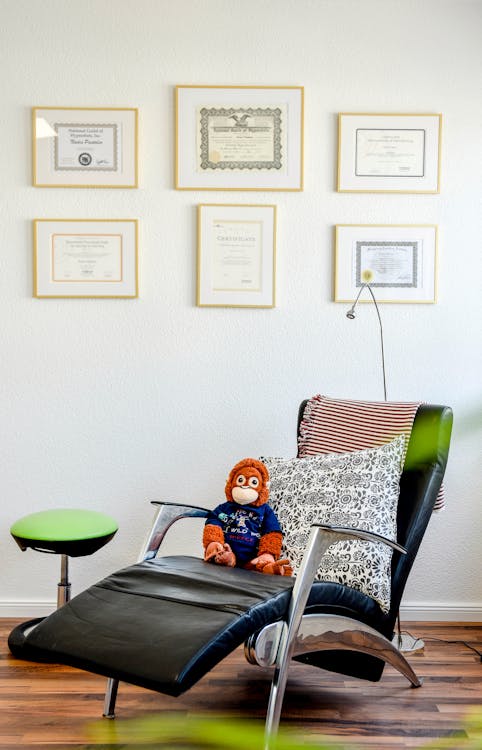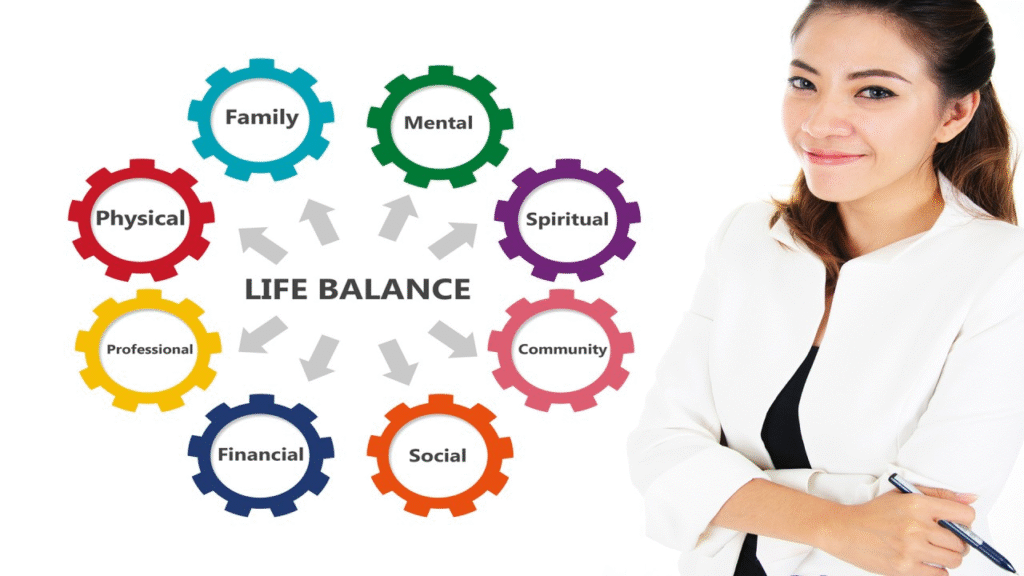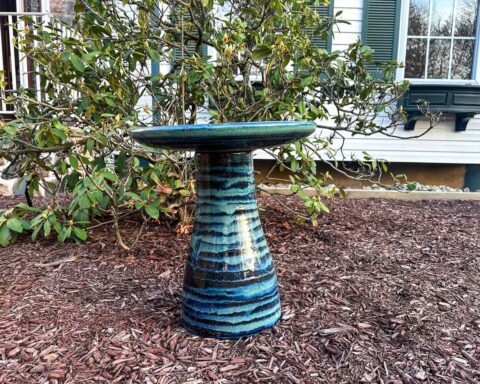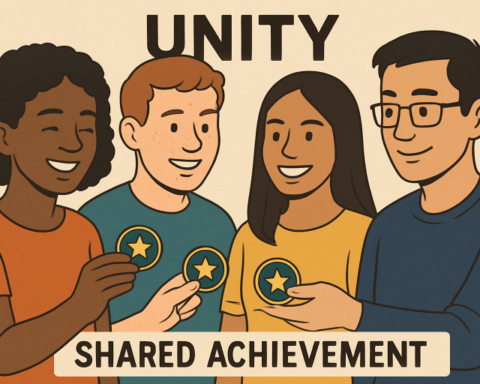Every family experiences moments of tension, miscommunication, or emotional distance. It is a natural part of living closely with others who each have their own personalities, needs, and ways of expressing love.
But when small misunderstandings grow into deeper conflicts, it can affect everyone, from parents and children to extended family members. That is where family counseling becomes a meaningful space for healing and connection.
Unlike what some people believe, family counseling is not about assigning blame or finding fault. It is about learning how to communicate more clearly, listen more deeply, and work together as a family unit. It helps families understand each other’s perspectives, uncover patterns that may be causing stress, and rebuild trust in a supportive environment.
Why Should You Opt for Family Counseling
In recent years, more families have chosen to seek this kind of guidance to strengthen their relationships and create a healthier emotional foundation at home. Whether you are navigating life transitions, parenting challenges, or unresolved conflict, family counseling can help you find your way back to understanding, compassion, and unity.
Now, let’s explore some of the ways family counseling can bring positive change and help your family thrive together.
- It Promotes Lasting Family Harmony Through Systemic Change
Families are more than collections of individuals. In fact, they are systems of relationships, woven by shared histories, roles, and unspoken dynamics. Family counseling helps each member see how their actions influence others. It builds a deeper awareness of how patterns, old grievances, communication loops, and generational hurts play out in daily life.
Through therapy, families learn to change not just what is said, but how it is said, who leads, and how boundaries are held. This deeper, structural work fosters harmony that endures. And research backs this approach.
A comprehensive review of couple and family interventions by Family Therapy Magazine between 2010 and 2019 highlighted that these therapies consistently produce positive outcomes across relationships, mental health, and behavioral challenges.
When family counseling is rooted in genuine curiosity and care, the transformation ripples outward. Personal struggles become shared opportunities for growth, and unhealthy dynamics loosen. Consequently, trust returns. Families begin to co-create a new story, one in which each member is more seen, more heard, and more connected.
To support this journey, it’s important to consult experienced professionals in your area. For example, if you live in Florida, reaching out to experts offering Lake Mary counseling services is ideal, as they have local expertise and can help foster healthier family connections.
- It Builds Trust and Alliance That Support Healing
In family counseling, the quality of relationships formed within therapy becomes a powerful driver of change. The way each family member interacts, with curiosity, respect, and openness, creates an environment where healing can take root.
One essential ingredient is the therapeutic alliance: how much clients feel their voices are heard, how safe they feel to share honestly, and how much they believe the counselor understands their world.
When trust grows in the therapy room, families begin to practice new forms of communication, empathy, and listening. Eventually, members learn to speak from their experience rather than reacting defensively.
- It Strengthens Communication and Emotional Understanding
At the heart of every healthy family lies clear, compassionate communication. Yet, for many families, the words said often matter less than what remains unspoken. Family counseling helps bridge those gaps by creating space for open and honest dialogue. In this environment, each person has the chance to express themselves without fear of being judged or dismissed.
Therapists guide conversations in ways that reveal not just what is being said, but what is felt underneath. You begin to see that anger might really be fear, silence could be sadness, and frustration may mask a need for love or validation. These insights make it easier to respond with empathy rather than defensiveness.
You and your loved ones end up learning new ways to listen and speak that foster closeness instead of conflict. Arguments give way to understanding, and emotional safety replaces tension. This renewed sense of connection strengthens the entire emotional fabric of the family and allows everyone to feel seen, valued, and supported.
- It Helps Resolve Conflict in Healthier Ways
We all know that conflict is inevitable in every family. What truly defines a healthy family dynamic is not the absence of disagreements, but how those disagreements are handled. In such cases, family therapy provides the tools and insight needed to navigate conflicts with empathy and respect rather than anger or avoidance.
Your therapist can help you and your loved ones recognize the patterns that fuel recurring arguments, whether it is defensiveness, withdrawal, or harsh criticism, and teach strategies to replace those reactions with more constructive ones. Through guided conversations, families learn to focus on understanding rather than winning and on listening rather than reacting.
For example, instead of escalating an argument over household responsibilities, a counselor might encourage family members to identify the emotions beneath the frustration: feeling unappreciated, overwhelmed, or unheard. Once those deeper feelings are acknowledged, it becomes easier to find common ground and solutions that meet everyone’s needs.
- It Breaks Generational Patterns and Encourages Growth
Many families find themselves repeating the same emotional patterns generation after generation, which may include unspoken expectations, avoidance of conflict, or rigid roles that no longer serve them.
More often than not, these behaviors are not intentional. They are learned responses, passed down unconsciously from parents to children. The good news is that therapy provides a space to recognize and interrupt these cycles and helps each person understand how past experiences shape present dynamics.
Families can then explore the origins of their communication styles, emotional responses, and coping mechanisms. For instance, a parent who grew up in a home where emotions were suppressed may struggle to comfort a child expressing sadness or anger. Recognizing these patterns is the first step toward change.
Through guided conversations and therapeutic exercises, family members learn healthier ways to relate to one another in ways rooted in empathy, honesty, and grace. This awareness allows the family to redefine what connection, love, and respect look like within their home.
Conclusion
Family counseling is not simply about fixing what feels broken. It goes above and beyond to help you rediscover what holds your family together. Every family faces moments of tension, misunderstanding, or distance, but counseling reminds you that these moments can become opportunities for healing and growth.
When families take the step to sit together in a safe, guided space, they begin to see one another with fresh eyes.
Through compassionate conversations, practical tools, and a commitment to listen and grow, families learn to build trust, communicate with empathy, and create a home environment grounded in love and respect. Whether your family is navigating conflict, adjusting to life changes, or simply seeking to grow closer, counseling offers a path toward deeper connection and resilience.








